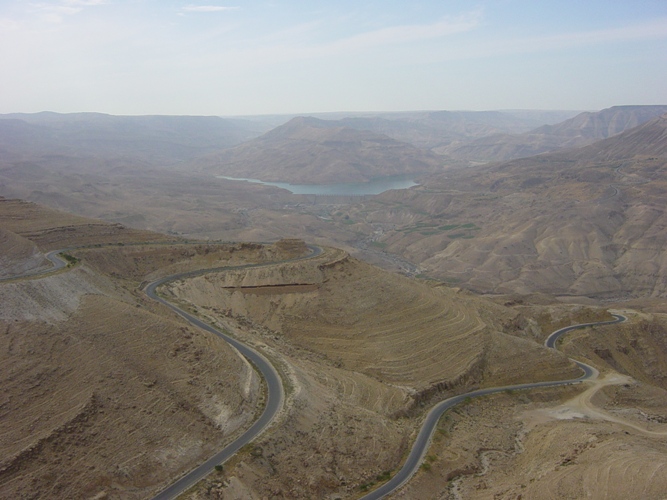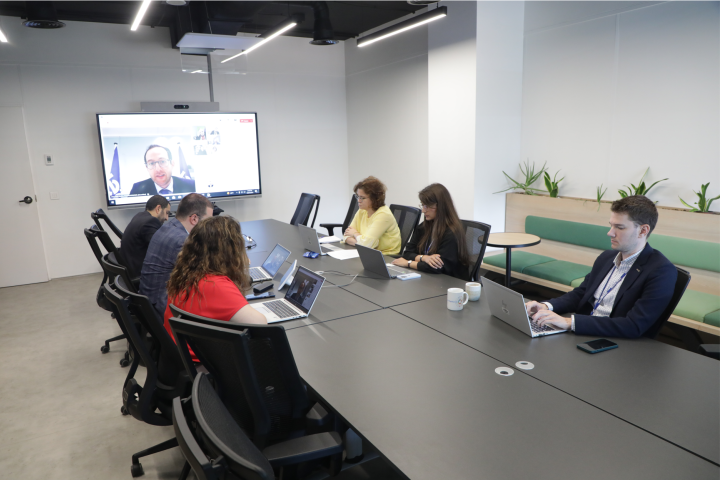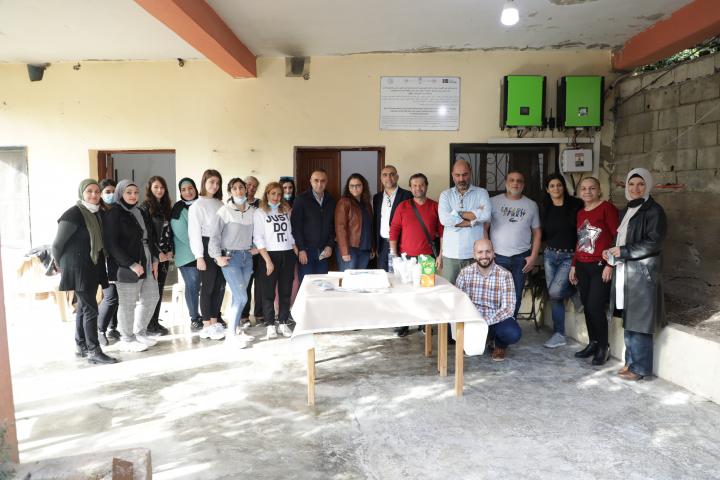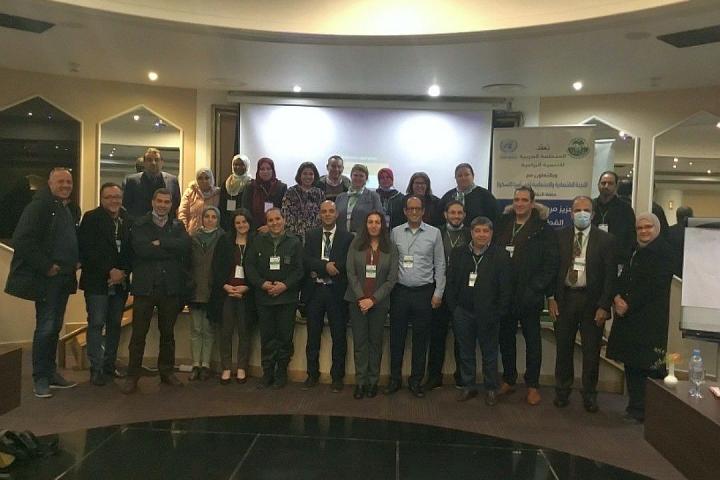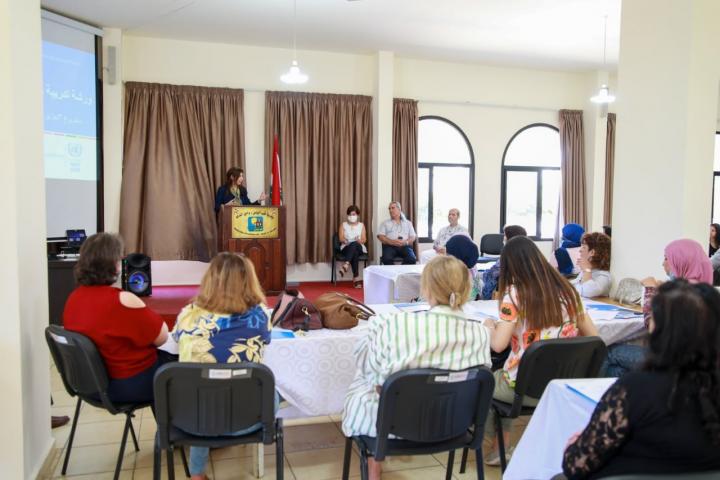Don't take soil and water for granted! This is the message that the United Nations tries to convey to the world every year on the occasion of the World Day to Combat Desertification and Drought whose slogan for this year is "Enhancing Soils Anywhere Enhances Life Everywhere," and which is in line with the theme of the 2010 International Year of Biodiversity.
Commemorating this Day has started in 1995 when the United Nations proclaimed 17 June, World Day to Combat Desertification and Drought, in order to raise public awareness of the 1994 United Nations Convention to Combat Desertification (UNCCD).
Today, fifteen years after launching this effort, this message could not be more timely and relevant, especially in the ESCWA and Arab region where land issues are a major concern. About 5 percent of the total land area is used for crop production and about 15 percent is suitable for agricultural purposes. The crop lands distribution is uneven, from about 60 percent in the Occupied Palestinian Territories to some 30 percent in Lebanon and the Syrian Arab Republic and to a low of 3 percent or less in countries such as Egypt, Oman or Saudi Arabia.
About 90 percent of the land of the region is classified as arid to hyper arid and thus considered as desert area, while the remaining 10 percent is classified as drylands of which more than 70 percent is subject to some form of degradation. Since land degradation in drylands areas is referred to as desertification, it becomes obvious why the issues of desertification and land degradation pose an enormous challenge to the region. Bad management of water resources, overexploitation of groundwater, inappropriate agricultural practices, the destruction of the vegetative cover and the negative impact of climate change are among the factors exacerbating the degradation process.
As noted by the UNCCD, there is a close relationship between livelihood and ecosystem wellbeing, and soils that are rich in biodiversity. Healthy soils produce life, and yet soil health depends a lot on how individuals use their land. What we do to our soils determines the quality and quantity of the food we eat and how our ecosystems serve us. Our increasing ecological interdependence also means "enhancing soils anywhere enhances life everywhere".
ESCWA has taken a number of initiatives at national and regional levels to raise awareness on the need to combat desertification as it could threaten the region's sustainable livelihoods and food security, and lead to increased rural out-migration, adding further pressure on already over-populated cities. In 2009, ESCWA organized two expert group meetings on the Sustainable Livelihoods Approach for Promoting Rural Development and on the Sustainable Land Management as a Best Practice to Enhance Rural Development. The meetings came up with practical and pertinent region specific action-oriented recommendations for adopting sustainable livelihoods approaches and sustainable land management, particularly targeting decision-makers on issues related to agriculture, environment and water resources. ESCWA is also coordinating regional inputs into the Rio+20 Conference, which will focus among others on the issues of a green economy, poverty eradication and institutional framework for sustainable development.
Through its advocacy and advisory role, ESCWA works closely with partners at the national and regional levels to develop common understanding on the imminent challenges of desertification, drought and climate change and their implications on every aspect of our lives.
On this World Day to Combat Desertification, let's renew our commitment to manage in a sustainable manner the limited and fragile natural resources of the region for the benefit of this and future generations; all of us, whether we represent public institutions, private sector organizations, media, NGOs, or individuals have a collective responsibility to make this world a better place!
